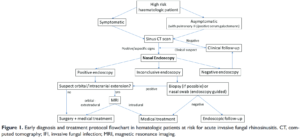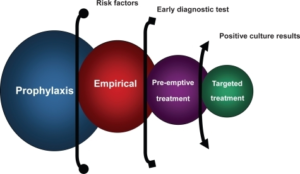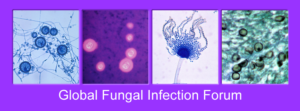Submitted by Aspergillus Administrator on 11 February 2014
There is a lot of political impetus building throughout the European Union to involve the patient and carer more in decisions that effect their healthcare.
 |
| Lancelot Spratt from the 1950’s films based on the books by Richard Gordon |
This is a big change from the way we received healthcare in the UK in the past. Patients were told what was going to happen to them, what was wrong with them and how they must behave whilst under the supervision of medical staff. The possibility of questioning a doctors decision or course of treatment was remote! The doctor knew best.
Limitations of that approach have been acknowledged more recently, not the least being the anxiety caused to a patient by the lack of information being given to them, and the fear of telling a doctor that they had not been fully understood led to shortcomings in treatment and a reduction in quality of care. A more relaxed and effective 2-way exchange is now preferred and is indeed required by the National Institute for Healthcare and Excellence (NICE) in its Patients and Public Involvement Policy (1999) – NICE is the body responsible for several aspects of patient care in the NHS.
This is a big change for patients. Once little was asked of a patient other than to cooperate with the medical staff, but now they are asked to discuss and approve their care. Few are able to do that as effectively as they could as there is little experience and not a little anxiety about disagreeing with a highly qualified medical professional. There have been programs to try to improve this such as the ‘Expert Patient Programme (EPP)’ – contrary to what it sounds like this is a course on how to get more out of your healthcare rather than a course on how to become an expert on your particular illness! These courses are offered free of charge in some areas of the UK (to those with chronic conditions) and are highly effective ways for some to become a ‘better patient’. Takeup is often mixed – many are still more comfortable (and happy) with accepting what the doctor says.
Doctors are also compelled to encourage the patient (and carer) to discuss their condition more – this is a 2 way process!
The European Lung Foundation (ELF) and National Institute for Health Research (NIHR) have now devised an easy to access online course that bears some similarity with EPP but is more explicitly about people understanding their illness, understanding how and why decisions are made about their treatment, helping in government policies for their future care, helping with research (NICE also requires a patient input into research applications) and helping with raising awareness and support for people with the same illness. This last part is particularly important for rare illnesses such as aspergillosis.
Called European Patients Ambassadors these individuals are given the techniques to stand up for themselves and encourage fellow patients to do the same. They can be the ‘go to’ people for members of the medical profession and researchers. This course os for patients and carers.
So – if you feel well enough and motivated enough this course could change your life and could have a big impact into awareness of your illness and all its difficulties amongst governments throughout the EU, large funding organisations, health services, help charities with awareness, help fellow patients, carers and their doctors, nurses and those who are working to find a better way to treat your illness. You can try the course in complete privacy in your own home and drop it if it isn’t for you. You can take the course and never do anything more than use it to help yourself manage your own illness (most people will probably do just that) – it is up to you but it is worth having a look at it.
The National Aspergillosis Centre and Fungal Infection Trust would be more than happy to have as many ambassadors as we can get!
Who is the programme aimed at?
The programme is aimed at:
- People with experience of a condition as a patient or carer
- People who are interested in how their condition is treated or managed
- People interested in new research into their condition
- People who want to influence policy around their condition at local, national or European level
- People interested in working with the media or using social media to raise awareness of their condition
The programme is currently in English but can be used by people across Europe with any condition to influence healthcare from local to European levels.
News archives
-
Title
Date

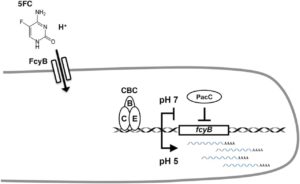
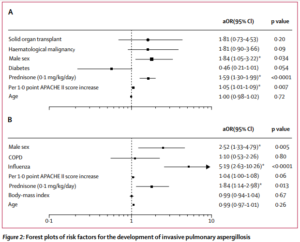

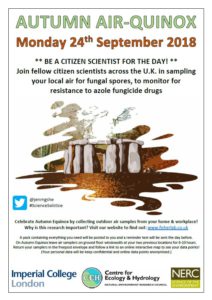

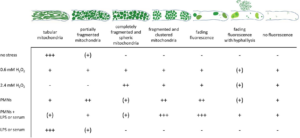
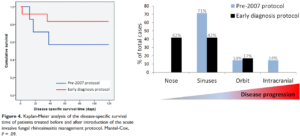 ,
, 